CHECK YOUR FERTILITY
All the newest studies reveal that 50% of infertility problems are linked to the male factor, a rate that keeps increasing. Sperm quality is affected by dietary habits, environmental effects, work conditions and lack of exercise.
These highlight the imperative need for men to check their fertility.
- For prevention purposes
- Due to significant medical history
– Cryptorchidism / Varicocele
– Inflammation of / Injury to the reproductive tract
– Endocrinology disorder / Reproductive tract dysplasia
– History of surgeries
– Intake of pharmaceutical treatment / anabolic steroids
- In patients with the need for sperm cryopreservation
- Before assisted reproduction process treatment
- Due to follow-up after unsuccessful assisted reproduction treatment
During infertility investigation, it is necessary to have some tests performed to check the man’s infertility, so as to easily plan the suitable treatment approach. Apart from the basic semen analysis, there are various special tests that can provide a more comprehensive overview of sperm quality and the ways to improve it.
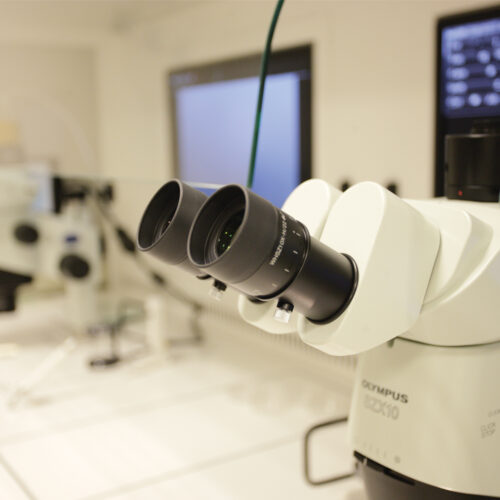
Innovative lab techniques
The causes of male infertility are addressed and the chances of success are maximized, based on innovative lab practices.
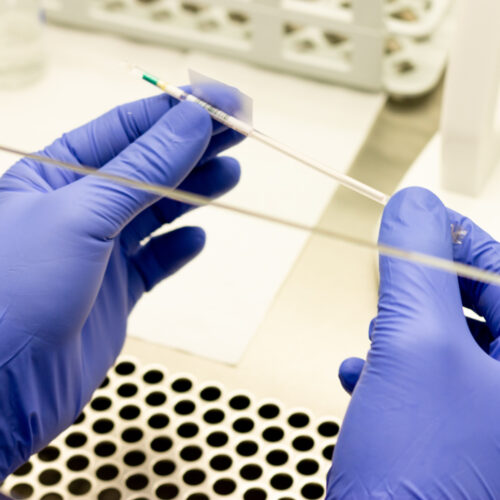
Sperm activation / Sperm viability
The semen sample is treated in a way that only the progressively motile sperm are isolated.

DNA Fragmentation Testing
DNA fragmentation assay is the most important sperm function test. The method detects the presence of DNA fragments

Oxidative Stress Analysis
Oxidative stress analysis evaluates the ROS (reactive oxygen species) levels, while it is also an important test for evaluating fertility potential.
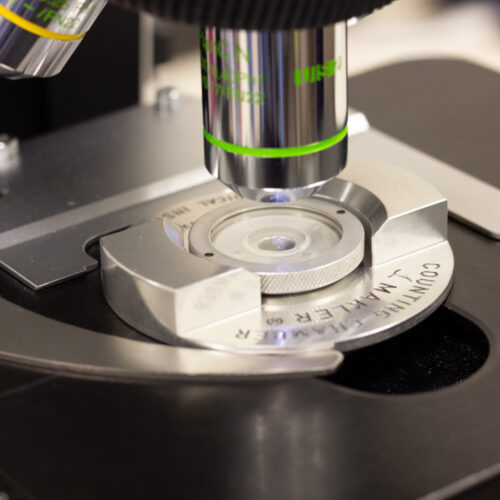
Microbiological and Biochemical Analysis
Microbiological analysis is recommended when there is a history of inflammation or indication such as strong smell, high number of round cells…
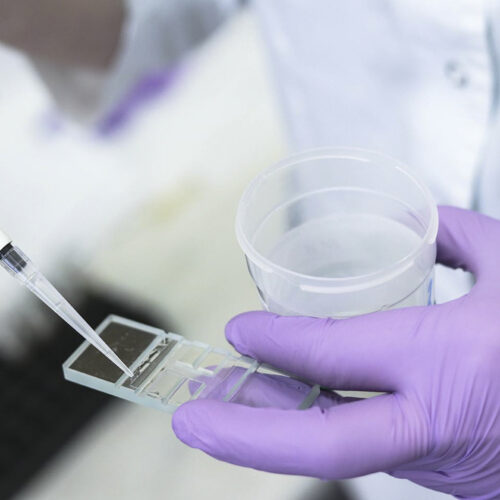
Investigation of male reproductive tract inflammation
If the semen analysis indicates an infection (increased number of round cells, mucus, increased viscosity, low motility), further investigation is recommended

Hormone Testing
A hormone test is a blood test that measures the levels of hormones, which play a major role in sperm production.

Azoospermia / Retrograde ejaculation
Absence of sperm in the sample is known as azoospermia. If a semen analysis displays azoospermia…
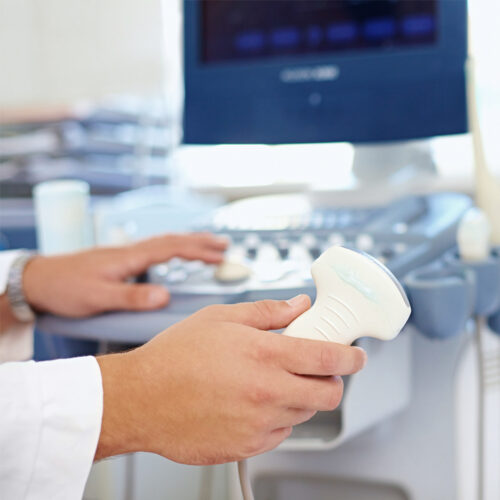
Ultrasound
It is often used to diagnose the causes of male infertility, but also problems linked to male sexuality.

Genetic Testing
Genetic testing is a series of blood tests. The advancements in molecular biology and genetics offer the possibility of examining the genes involved in sperm production and identifying any possible genetic disorders.









